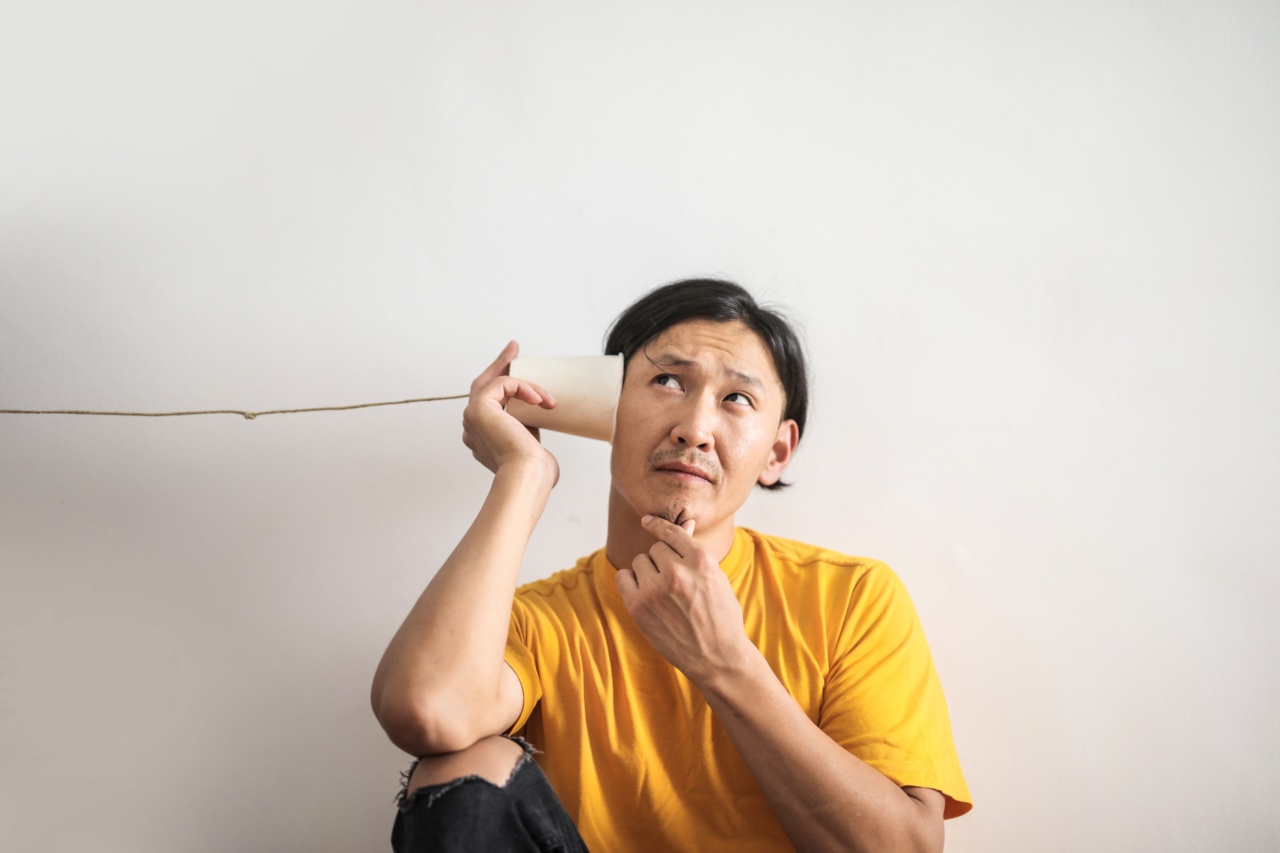Many people, especially older adults, often struggle with hearing loss, which can negatively impact their social and personal lives.
If you have trouble hearing, you know how difficult it can be to interact with others, watch TV or movies, or even listen to music. Fortunately, there are some things you can do to improve your hearing and keep living your life to the fullest. Here are some tips to help you get started.
1. Get a hearing test
The first step to improving your hearing is to get a hearing test. This test will identify the type and degree of your hearing loss, which will help determine the best course of action for you.
You can schedule a hearing test with your doctor or a hearing specialist, who will perform a series of tests to assess your hearing.
2. Use hearing aids
If your hearing loss is severe, your doctor may recommend hearing aids. Hearing aids are devices worn in or behind the ear that amplify sound, making it easier for you to hear.
There are many different types of hearing aids available, so make sure to speak with your doctor or hearing specialist to determine which one is best for you.
3. Avoid loud noises
Exposure to loud noises can damage your hearing and make your hearing loss worse. Try to limit your exposure to loud noises like construction sites, concerts, and airplanes.
If you cannot avoid loud noises, wear earplugs or noise-cancelling headphones to protect your ears.
4. Keep your ears clean
Wax buildup in your ears can make it difficult to hear. Keep your ears clean by gently cleaning them with a warm, damp cloth.
Do not use cotton swabs or other objects to clean your ears, as they can push the wax deeper into your ear canal and cause damage.
5. Sit facing the person you’re talking to
If you have trouble hearing, it’s important to position yourself in a way that allows you to hear better. When talking to someone, sit facing them so you can see their face and read their lips if necessary.
This will help you pick up on cues you might miss if you were not facing them.
6. Watch TV with subtitles
If you have trouble hearing dialogue on TV shows or movies, turn on the subtitles. This will ensure that you don’t miss any important information and can follow along with the story.
Most streaming services now offer subtitles for their content, so you should be able to easily turn them on.
7. Use assistive listening devices
Assistive listening devices are devices that help improve your hearing in specific situations. For example, you can use a captioned telephone to read the captions of the person you’re speaking to on the phone.
Or, you can use a personal FM system to amplify sound in a classroom or lecture hall. Talk to your doctor or hearing specialist to determine if an assistive listening device is right for you.
8. Speak up
If you’re having trouble hearing someone, don’t be afraid to speak up and ask them to repeat what they said. It’s better to ask for clarification than to miss out on important information.
You can also ask them to speak louder or slower, which can make it easier for you to hear.
9. Stay connected with loved ones
Hearing loss can be isolating, but it’s important to stay connected with your loved ones. Let them know about your hearing loss and ask for their support.
They can help by speaking louder, facing you when they talk, or using nonverbal cues like hand gestures.
10. Practice good hearing habits
To maintain good hearing health, it’s important to practice good hearing habits. This includes avoiding loud noises, getting a hearing test, and wearing hearing protection when necessary.
You should also avoid inserting objects into your ears, which can cause damage to your ear canal and eardrum.




























